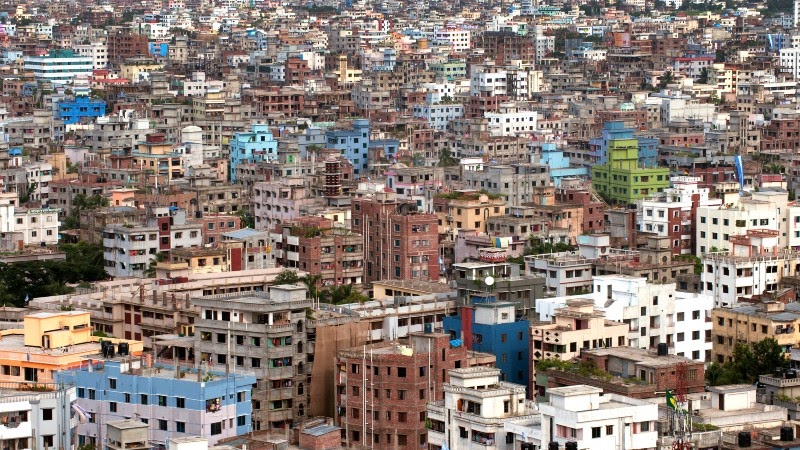Project Description
Have informal settlements changed in the last 20 years? What has changed about these settlements? What remains the same? And what new risks and opportunities does climate change pose to these settlements? In this project, I examine the structural and agency-based factors propelling or impeding transformation in (and of) informal settlements in a climate change context. I explore the effectiveness of different adaptation strategies for dealing with climate impacts and how they minimize, amplify or produce spatially unique conditions of impoverishment, health risks, loss of livelihood, and heightened vulnerability for specific groups.
Using Manila and Lagos as case studies, this project examines issues of marginality in adaptation, impacts of adaptation practices on slum communities, micro-politics of adaptation, gendered participation in adaptation, informal claims to adaptation resources, and windows of opportunity for transformative adaptation. A key goal of this study is to further identify ways in which the newly established ‘Sustainable Development Goals’ and the ‘New Urban Agenda: Habitat III’ can be translated into concrete actions with meaningful impacts on the lives of slum dwellers. Overall, the study will contribute to a better understanding of what transformative adaptation might mean or look like for slum communities.
Publications:
Ajibade Idowu (2022) The Resilience Fix to Climate Disasters: Recursive and Contested Relations with Equity and Justice-Based Transformations in the Global South. Annals of American Geographer. 112 (8) 2230-2247
Ajibade Idowu (2019) Planned retreat in Global South megacities: disentangling policy, practices, and environmental justice. Climatic change 157: 299-317
Ajibade, I., Pelling M, Agboola, J and Garschagen M (2017) Sustainability transitions: Exploring risk management and the future of adaptation in Lagos. Journal of Extreme Events 3 (3), 1-25.
Ajibade, I., Armah F, Zubedaar V, Luginaah I, McBean G, & Tenkorang E. (2014) Assessing the biopsychosocial correlates of floodimpact in coastal areas of Lagos, Nigeria.Environmental Planning and Management. 58 (3) 445-463
Ajibade, I, & McBean, G. (2014) Climate extremes and housing rights: a political ecology of impacts early warning and adaptation constraints in Lagos slum communities. Geoforum, 55: 76-86
Ajibade, I, McBean., G, & Bezner-Kerr R. (2013) Urban flooding in Lagos, Nigeria: Patterns of vulnerability and resilience among women. Global Environ Change. 23 (6): 1714-1725



